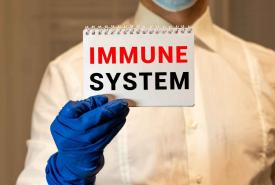Vasopressin and glucocorticoids improves circulation for in-hospital cardiac arrest
Vasopressin and glucocorticoids compared to placebo, improved return of spontaneous circulation among adults for in-hospital cardiac arrest, says recent findings in Resuscitation.


















